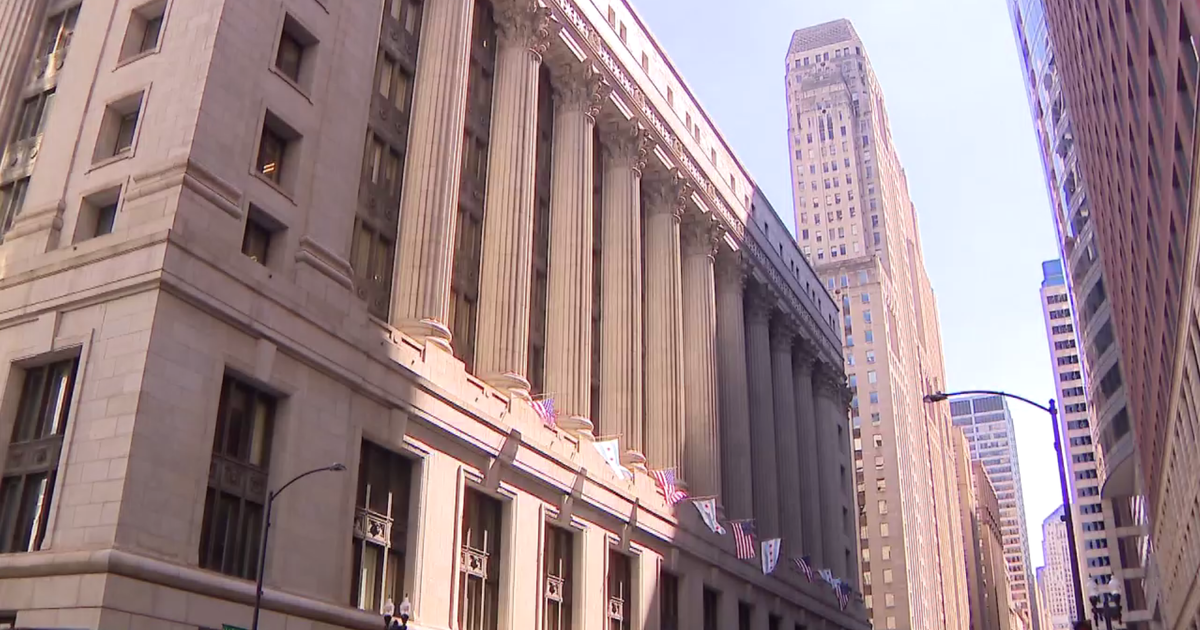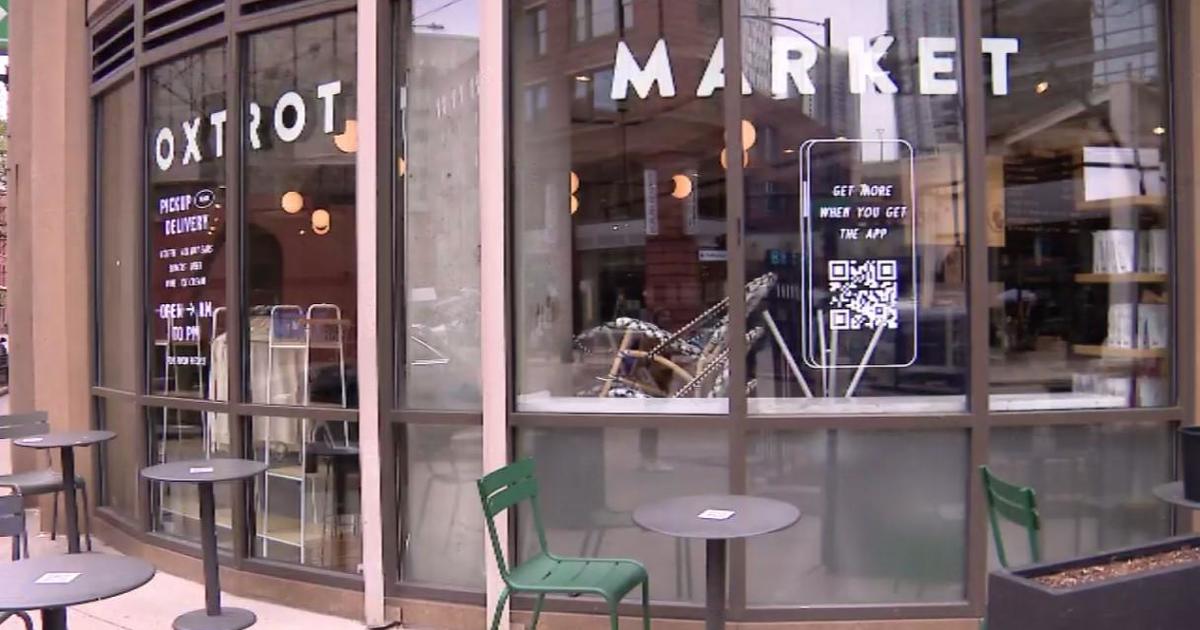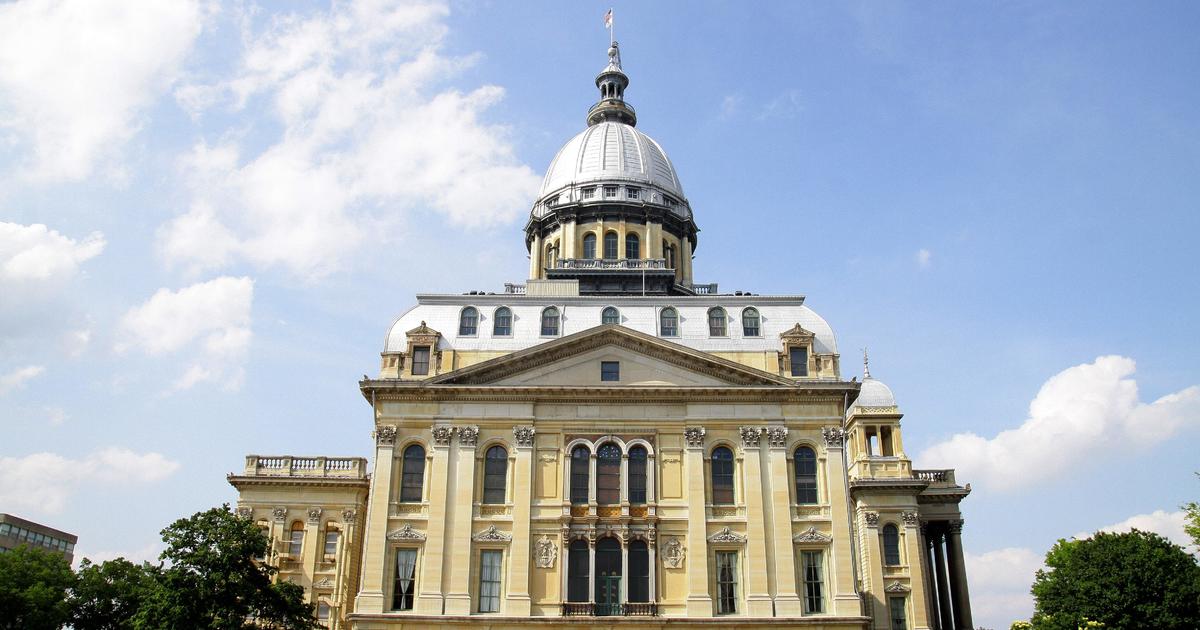Gov. JB Pritzker To Extend Illinois Eviction Moratorium For Another 30 Days
CHICAGO (CBS) -- Gov. JB Pritzker says he will extend the statewide moratorium on evictions for another 30 days. The moratorium was set to expire on Saturday.
However, Pritzker said he's also looking at how the state might adjust that moratorium, depending on how much federal aid the state might get from the COVID-19 relief legislation currently being debated in Congress.
CBS 2's Marissa Parra reports some landlords lose another month of collecting money.
The governor first issued a moratorium on evictions on March 20, 2020, and has issued 30-day extensions multiple times since.
The pandemic has created a unique challenge: keeping the housing market stable, while preventing further homelessness for furloughed renters and keeping landlords from going under.
In November, Pritzker modified the moratorium to provide new protections for landlords who have complained that some tenants who can afford their rent have been refusing to pay.
Under that change, only renters who have earned no more than $99,000 in annual income -- or $198,000 as joint filers -- for 2020 are covered by the moratorium on evictions.
Renters unable to pay will be required to submit a declaration form to their landlords, certifying they can't pay rent due to substantial loss of income or increase in out-of-pocket expenses, according to Pritzker. The declaration forms are available through the Illinois Housing Development Authority.
CBS News reports that roughly 10 million renters around the country are behind on their payments, adding up to about a loss of $57 billion.
The state has halted virtually all evictions since March 20, except in emergencies when "a tenant poses a direct threat to the health and safety of other tenants, an immediate and severe risk to property, or a violation of any applicable building code, health ordinance, or similar regulation."
According to a survey by Chicago's Neighborhood Building Owners Alliance, 71% of landlords surveyed in September said they had tenants behind on rent. That number rose to 79% just three months later.
"Many of them are struggling, many of them will face foreclosure, even property tax sales over the coming years," said attorney Michael Zink. "Often dipping into their own savings as well to make sure all the bills are paid."
And the majority of Chicago's landlords are considered small "mom and pop" operations. Many of them, according to the same survey from Chicago's Neighborhood Building Owner Alliance, said they're unable to keep up with building maintenance.
"A lot of desperation from landlords, trying to figure out how to put food on the table to feed their families right now," said attorney Lori Quist.
She fears without help for landlords, not only will they suffer, but in the long run, renters will still suffer too.
The governor's change in November also clarified that enforcement of pre-pandemic eviction orders can move forward if there are serious health or safety concerns.



